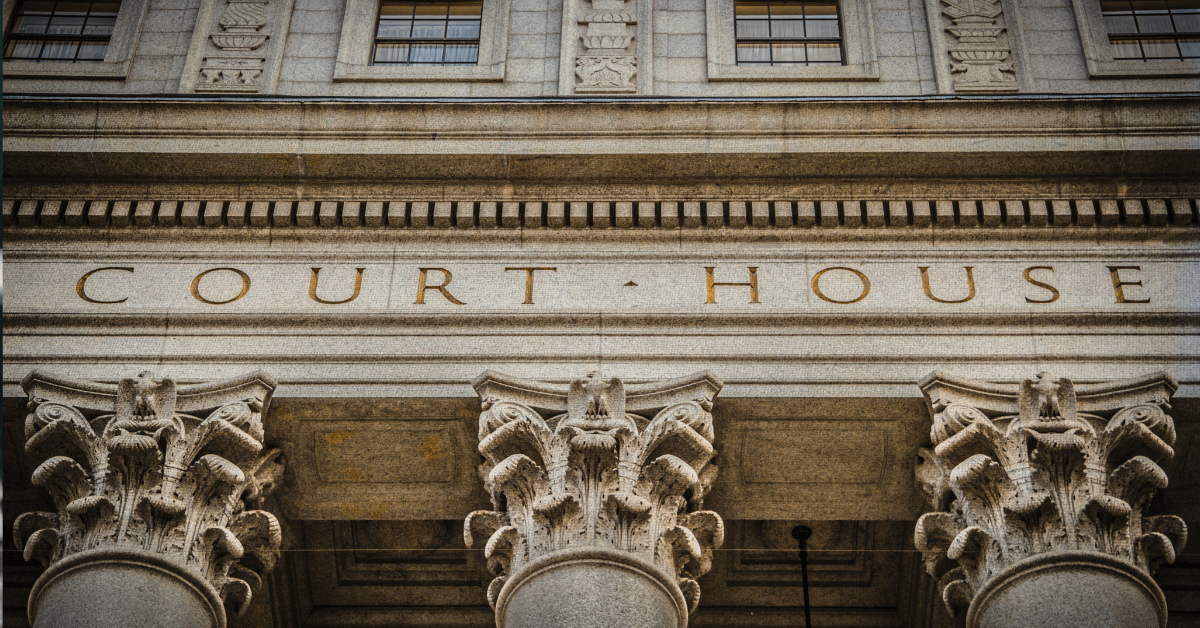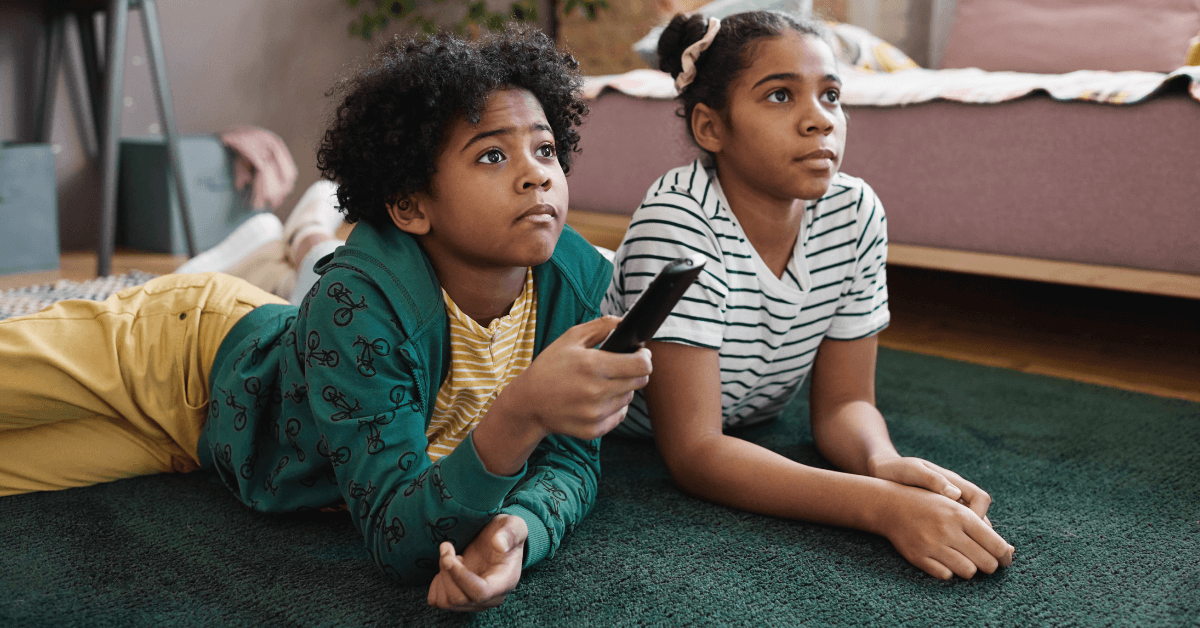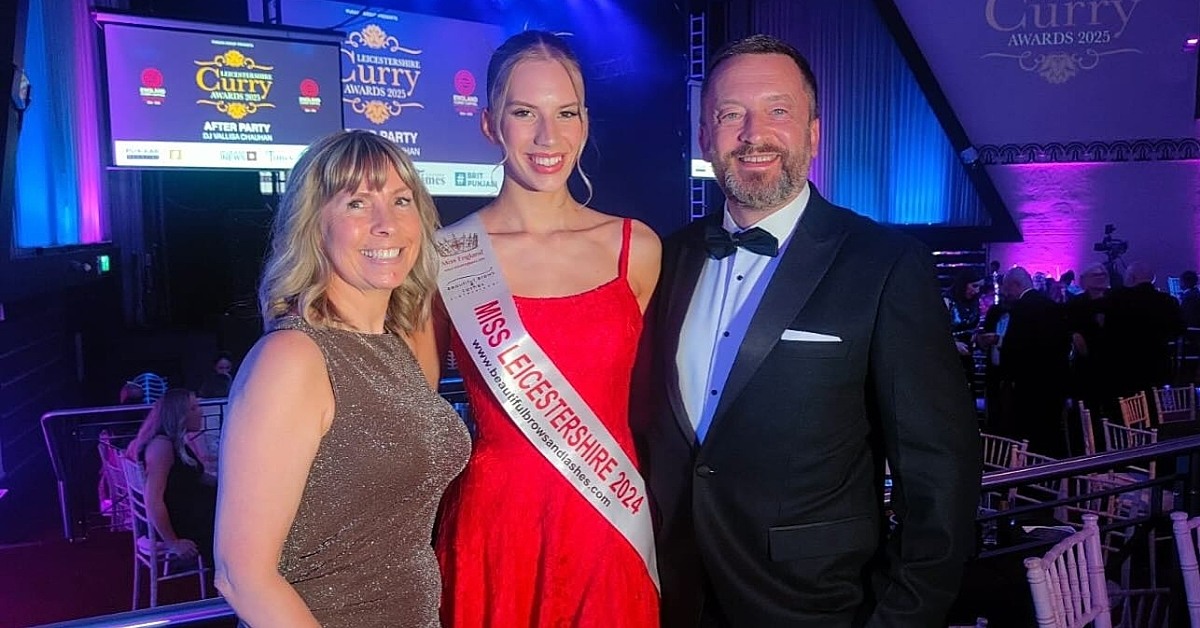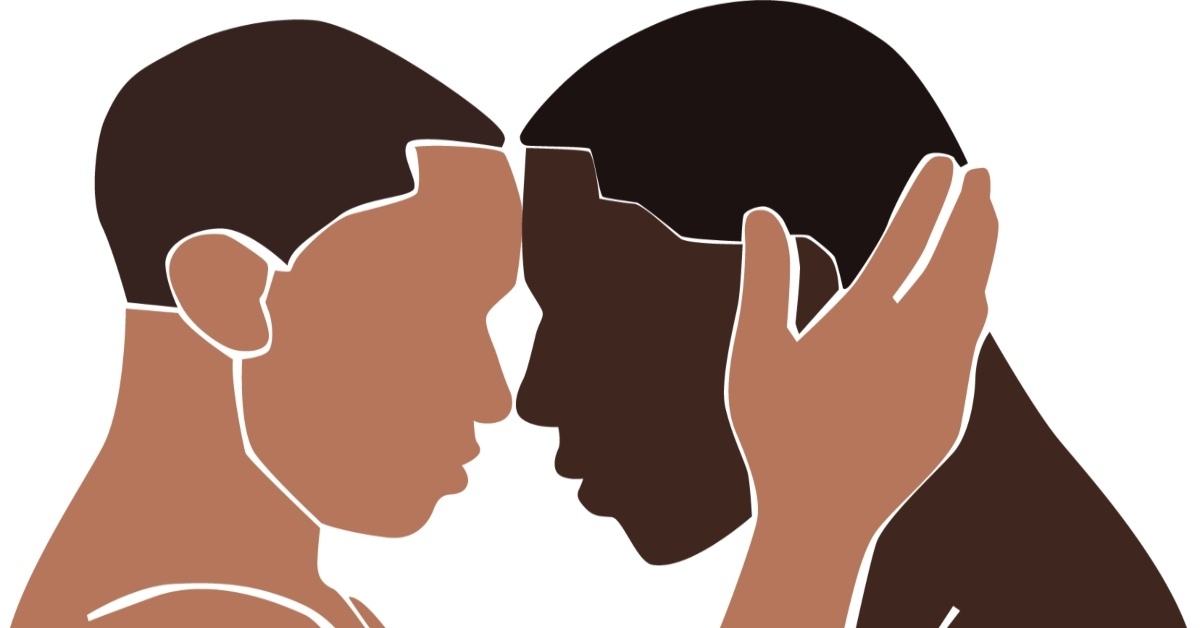BY: Jasmine Franklin
Published 4 months ago

Marriage has long been a marker of stability, commitment, and community. For years, surveys painted a picture of declining interest in marriage, especially among younger generations. However, a new study on same-sex marriage proves those numbers might shift. According to the Pew Research Center, most U.S. adults under 50 still want to marry someday, regardless of sexuality. The findings show that marriage remains central to how people imagine their future, even in a cultural landscape that often questions its relevance.
Same-Sex Couples Want Marriage More Than Ever

The studies found that 59% of LGBTQIA+ U.S. adults under 50 who have never married say they want to marry someday. A nearly identical share of non-LGBTQIA+ adults in the same age group say the same, at 63%. The new same-sex marriage study underscores that queer people are envisioning long-term partnerships within the same structures that shaped previous generations.
Generational breakdowns tell an even more striking story. Younger LGBTQIA+ adults show the strongest interest in marriage. Among those ages 18 to 29, 67% say they want to marry someday, compared with 48% of LGBTQIA+ adults ages 30 to 49. Non-LGBTQIA+ adults show a similar divide: 73% of those ages 18 to 29 want marriage in their future, compared with 49% of those ages 30 to 49. A larger share of older adults in both groups report not wanting to get married.
The contrast highlights how younger people, especially within the queer community, view marriage as more accessible and meaningful than those who grew up before legalization.
The Legal Landscape

Shifts in public opinion do not happen in isolation. The 2015 Supreme Court ruling in Obergefell v. Hodges, which legalized same-sex marriage nationwide, marked a turning point. The decision gave same-sex couples the right to marry under federal law. It also reshaped how queer people think about the future. Marriage became possible in every state, not just in select regions.
Legal recognition matters. It provides not only equal access but also cultural validation. For many younger LGBTQIA+ adults, marriage has always been a real option. They did not grow up with the same uncertainty about whether their love would be seen as legitimate. This context explains why the new same-sex marriage study shows such alignment between LGBTQIA+ and non-LGBTQIA+ adults in their hopes for lifelong commitment.
But the legal picture is not settled. In 2025, same-sex marriage may face new threats. According to ABC News, former Kentucky clerk Kim Davis and her attorney, Mathew Staver, formally asked the Supreme Court to overturn marriage equality. With the Trump administration’s influence on the judiciary, the future of marriage rights carries real uncertainty. Many people want marriage in the future, but at the very moment, its legal protection faces renewed challenges.
Why These Numbers Are Important

The new same-sex marriage study arrives at a time when debates over LGBTQIA+ rights remain unsettled. Some states continue to advance laws that roll back LGBTQIA+ rights, targeting everything from healthcare to education. Against that backdrop, the desire for marriage is a reminder of what equality means in practice. People still yearn for love, partnership, and a sense of forever, regardless of their identity.
These findings also challenge the notion that younger generations have abandoned traditional milestones. While some choose alternative paths, many still want marriage as part of their lives. What changes is not the institution itself but how people imagine it: inclusive, intentional, and rooted in personal meaning.
The numbers confirm what many have long suspected. Marriage has not lost its place in the cultural imagination. It has evolved. For queer adults under 50, the desire for forever remains not just a dream but a vision of love and recognition they are determined to claim.
What do you think about the new same-sex marriage study? Share your thoughts in the comments.










